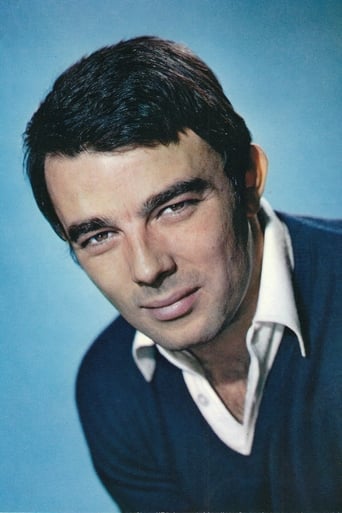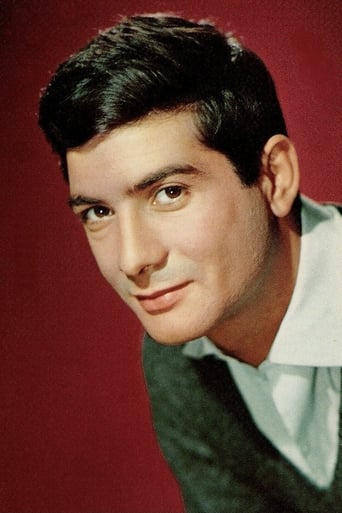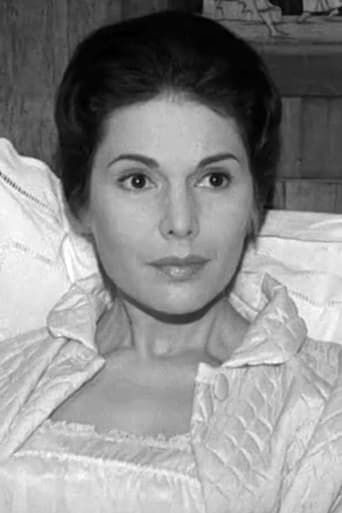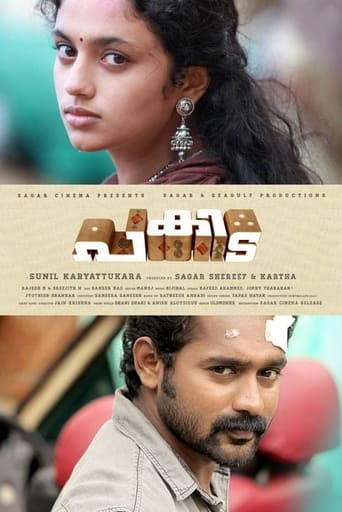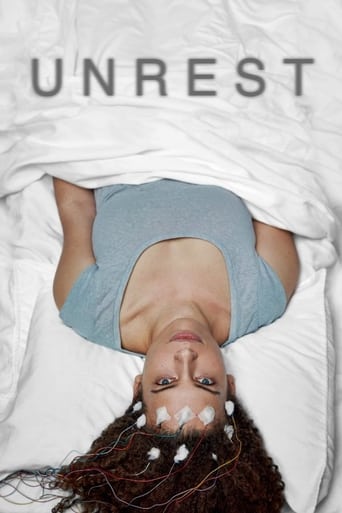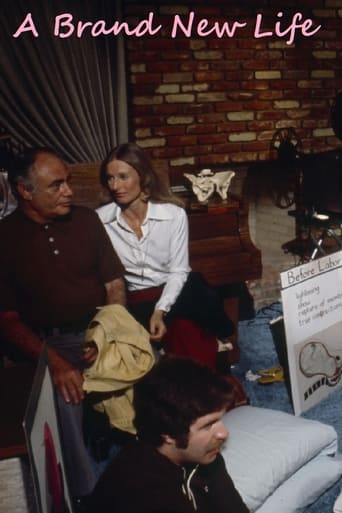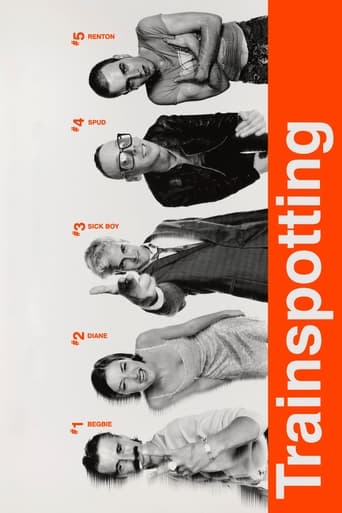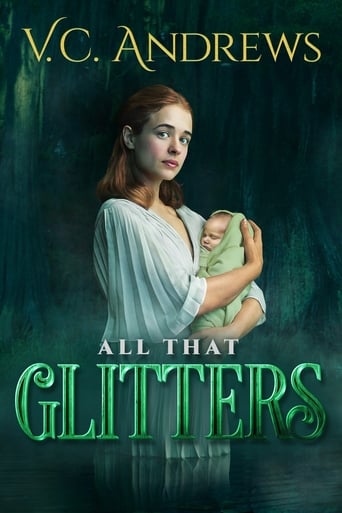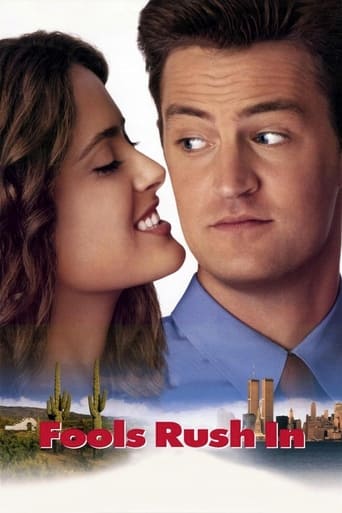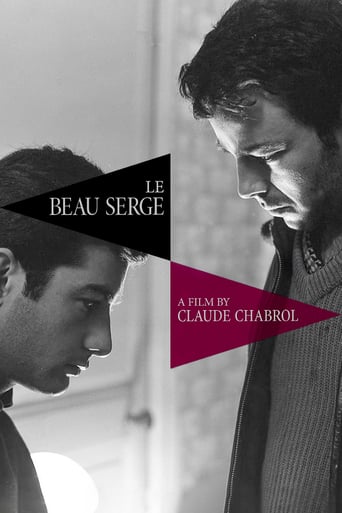
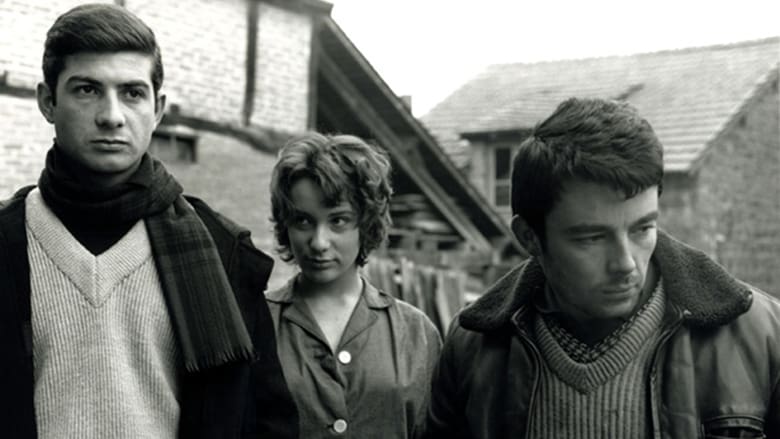
Le Beau Serge (1958)
François returns to his village after a long absence. He finds his friend Serge who has married Yvonne, and has developed an alcohol problem after the death of their stillborn child. Serge has become an angry, bitter figure not unlike the roles of James Dean, refusing to face reality and adulthood and François must help him.
Watch Trailer
Cast


Similar titles
Reviews
Sadly Over-hyped
How sad is this?
When a movie has you begging for it to end not even half way through it's pure crap. We've all seen this movie and this characters millions of times, nothing new in it. Don't waste your time.
While it doesn't offer any answers, it both thrills and makes you think.
Claude Chabrol's first film has some things going for it, starting with its cinematography, simple in that it's all shot in the French village of Sardent, and yet with at least a few of the glimpses into the techniques that would be called 'New Wave'. One really feels the smallness of the village that François (Jean-Claude Brialy) returns to after some years have passed, only to find his friend Serge (Gérard Blain) a drunkard with a horrible attitude. The scenes in the snow and at night towards the ending are simply beautiful.There is a rebelliousness to the film, mainly in the form of Serge, who is frustrated that his dreams of becoming an architect have been dashed, that he was trapped into a marriage because of a pregnancy, and the baby turned out to be stillborn. François has returned to a crumbling village whose inhabitants lead dissolute lives and believes he can and should help them, but the trouble is, they don't want his help. The relationship between the two isn't particularly profound, but the film is touching in a few places. Adding some spice to it all is Serge's flirtatious sister-in-law (Bernadette Lafont).I didn't care for the musical score, which was too jaunty and annoying in places. After an interesting setup, the plot fizzles a bit, and I think the ending was simplistic. This is a good film, one worth watching, but a better one is Chabrol's film the following year, Les Cousins, starring the same two actors.
Excellent film, does anyone else see similarities to Cat on a hot tin roof, and a number of southern Gothic references.....I read more than I probably should, sham loveless marriage , first child conceived by perve father, Francois and Serge maybe shared more than society would allow, Village priest, hmmm.Beautifully shot and so poetic, Chabrol's most sincere and honest.. just saying....Strong characters that have a grand noble purpose. Not at all apologetic and a testament to faith and hope in a futile, provincial and incestuous post war Europe. You feel their hunger and desperation. So revealing a film, yet it left so much unanswered. Post war French cinema is timeless and classic.
France's so-called New Wave was a confluence of pretension and mediocrity. It was first and foremost a mid-fifties school of film criticism that postulated that (1) cinema was of great intellectual import, probably too good for the masses, and that (2) most successful French directors before the publication of its fanzine, "Les Cahiers du Cinéma" (Marcel Carné, Julien Duvivier, Marcel L'Herbier, Jean Gremillon, Henri-George Clouzot, Jean Delannoy, Henri Decoin, to name a few) should be despised, shunned, bullied, ridiculed and persecuted or at least treated with suspicion while most American directors of the same period (except for Wyler, Zinnemann and Stevens) were to be considered as "geniuses" and "pioneers". It was therefore based on a misunderstanding which made it more important to talk intelligently and pretentiously about films (thereby excluding most people from film appreciation) than to make films that people would actually want to see.The movement had two cliquish firebrands, Jean-Luc Godard - who made increasingly unwatchable and solipsistic films all through his career - and François Truffaut - an acid-tongued journalist who attained a certain commercial success with the help of snobism, in spite of his idiotic and dogmatic principles and his obvious lack of talent and humanity. They will always be remembered as the two vindictive and parochial "mean girls" of French cinema and judged by posterity as "dwarves standing on the shoulders of the giants that preceded them" (e.g.: Jean Renoir, René Clair and Sacha Guitry). Their main legacy is the sad fact that very few of France's really important films (i.e. pre-New Wave) have been preserved and restored for posterity, unlike their own idiotic opuses. For good measure, Truffaut also despised the work of Jean Gabin, Michèle Morgan, Gerard Philippe and Michel Simon. This misunderstanding also means that all the more successful, quietly innovative or truly revolutionary films of the period have been claimed as "New Wave" when they simply were not (e.g.: the best films of Chabrol, Malle, Varda, Demy, Resnais and Rohmer) and their directors have repeatedly said so, while the films of their "enemies" were excluded from any form of recognition (e.g.: Marcel Carné's "Les Tricheurs" and Julien Duvivier's "La Fête à Henriette")."Le Beau Serge" is a case in point. It can only be considered "New Wave" in that it is made with no money by a young, dedicated but inexperienced director who tried to imitate his elders and betters and made many mistakes along the way. At that point, Malle didn't know how to sustain attention, direct actors or put a final product together (look at the editing and listen to the music, all dreadful).This film is only watchable today because of Gérard Blain's heartfelt James Dean impression, Blain having been exploited by the New Wave for his charm and screen presence (and the fact he was married to Bernadette Lafond) and then vomited as soon as he started producing intelligent films that didn't carry the official New Wave label (e.g.: "Les Amis", 1970).Everything I wrote here has been written countless times before but it can never be repeated often enough.Chabrol himself once said: "There is no new wave, there is only the ocean."
If this was indeed the first film of the New Wave then it has a lot to answer for. Unless there are other causal influences I don't know about, the New Wave destroyed French cinema. Old wave films like Carné's "The Children of Paradise" (1943), Clouzot's "The Wages of Fear" (1953), and Tati's "My Uncle" (1958) make Truffaut, Renais and Chabrol look earthbound and dreary. As, by and large, they are. (Even in the years after 1959 France's best films had little to do with, and owed little to, the New Wave.) But "Beautiful Serge" is at least a nice little film, only somewhat earthbound, and not so dreary at that.An earlier reviewer has complained about the music; and, indeed, at the screening I attended there were some people up the back determined to chortle at what they perceived to be musical heavy-handedness. A cheap response would be that the film needed SOMETHING to lift it above the level of a 7-Up documentary. A fairer response would be that this is a story in which the theological significance of the hero's actions shines through a mundane surface, and the score serves to express that, too. It's the faint but real sense of fantasy that keeps "Beautiful Serge" very much alive.


